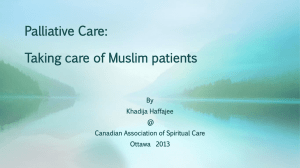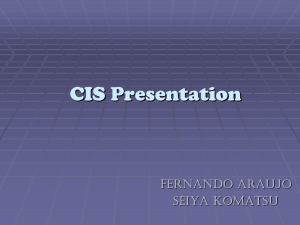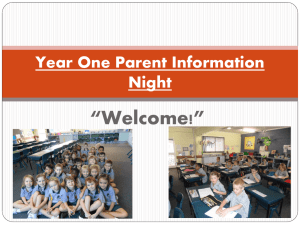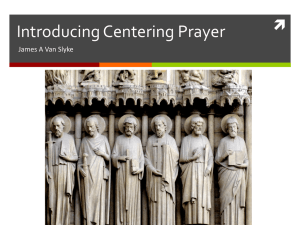Scope and Sequence - Religious Education Program P-12
advertisement
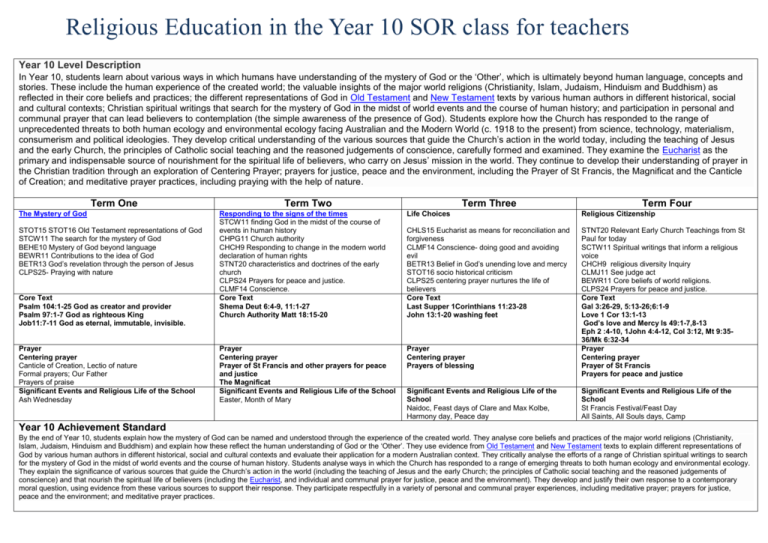
Religious Education in the Year 10 SOR class for teachers Year 10 Level Description In Year 10, students learn about various ways in which humans have understanding of the mystery of God or the ‘Other’, which is ultimately beyond human language, concepts and stories. These include the human experience of the created world; the valuable insights of the major world religions (Christianity, Islam, Judaism, Hinduism and Buddhism) as reflected in their core beliefs and practices; the different representations of God in Old Testament and New Testament texts by various human authors in different historical, social and cultural contexts; Christian spiritual writings that search for the mystery of God in the midst of world events and the course of human history; and participation in personal and communal prayer that can lead believers to contemplation (the simple awareness of the presence of God). Students explore how the Church has responded to the range of unprecedented threats to both human ecology and environmental ecology facing Australian and the Modern World (c. 1918 to the present) from science, technology, materialism, consumerism and political ideologies. They develop critical understanding of the various sources that guide the Church’s action in the world today, including the teaching of Jesus and the early Church, the principles of Catholic social teaching and the reasoned judgements of conscience, carefully formed and examined. They examine the Eucharist as the primary and indispensable source of nourishment for the spiritual life of believers, who carry on Jesus’ mission in the world. They continue to develop their understanding of prayer in the Christian tradition through an exploration of Centering Prayer; prayers for justice, peace and the environment, including the Prayer of St Francis, the Magnificat and the Canticle of Creation; and meditative prayer practices, including praying with the help of nature. Term One The Mystery of God STOT15 STOT16 Old Testament representations of God STCW11 The search for the mystery of God BEHE10 Mystery of God beyond language BEWR11 Contributions to the idea of God BETR13 God’s revelation through the person of Jesus CLPS25- Praying with nature Core Text Psalm 104:1-25 God as creator and provider Psalm 97:1-7 God as righteous King Job11:7-11 God as eternal, immutable, invisible. Prayer Centering prayer Canticle of Creation, Lectio of nature Formal prayers; Our Father Prayers of praise Significant Events and Religious Life of the School Ash Wednesday Term Two Term Three Term Four Responding to the signs of the times STCW11 finding God in the midst of the course of events in human history CHPG11 Church authority CHCH9 Responding to change in the modern world declaration of human rights STNT20 characteristics and doctrines of the early church CLPS24 Prayers for peace and justice. CLMF14 Conscience. Core Text Shema Deut 6:4-9, 11:1-27 Church Authority Matt 18:15-20 Life Choices Religious Citizenship CHLS15 Eucharist as means for reconciliation and forgiveness CLMF14 Conscience- doing good and avoiding evil BETR13 Belief in God’s unending love and mercy STOT16 socio historical criticism CLPS25 centering prayer nurtures the life of believers Core Text Last Supper 1Corinthians 11:23-28 John 13:1-20 washing feet Prayer Centering prayer Prayer of St Francis and other prayers for peace and justice The Magnificat Significant Events and Religious Life of the School Easter, Month of Mary Prayer Centering prayer Prayers of blessing STNT20 Relevant Early Church Teachings from St Paul for today SCTW11 Spiritual writings that inform a religious voice CHCH9 religious diversity Inquiry CLMJ11 See judge act BEWR11 Core beliefs of world religions. CLPS24 Prayers for peace and justice. Core Text Gal 3:26-29, 5:13-26;6:1-9 Love 1 Cor 13:1-13 God’s love and Mercy Is 49:1-7,8-13 Eph 2 :4-10, 1John 4:4-12, Col 3:12, Mt 9:3536/Mk 6:32-34 Prayer Centering prayer Prayer of St Francis Prayers for peace and justice Significant Events and Religious Life of the School Naidoc, Feast days of Clare and Max Kolbe, Harmony day, Peace day Significant Events and Religious Life of the School St Francis Festival/Feast Day All Saints, All Souls days, Camp Year 10 Achievement Standard By the end of Year 10, students explain how the mystery of God can be named and understood through the experience of the created world. They analyse core beliefs and practices of the major world religions (Christianity, Islam, Judaism, Hinduism and Buddhism) and explain how these reflect the human understanding of God or the ‘Other’. They use evidence from Old Testament and New Testament texts to explain different representations of God by various human authors in different historical, social and cultural contexts and evaluate their application for a modern Australian context. They critically analyse the efforts of a range of Christian spiritual writings to search for the mystery of God in the midst of world events and the course of human history. Students analyse ways in which the Church has responded to a range of emerging threats to both human ecology and environmental ecology. They explain the significance of various sources that guide the Church’s action in the world (including the teaching of Jesus and the early Church; the principles of Catholic social teaching and the reasoned judgements of conscience) and that nourish the spiritual life of believers (including the Eucharist, and individual and communal prayer for justice, peace and the environment). They develop and justify their own response to a contemporary moral question, using evidence from these various sources to support their response. They participate respectfully in a variety of personal and communal prayer experiences, including meditative prayer; prayers for justice, peace and the environment; and meditative prayer practices.



